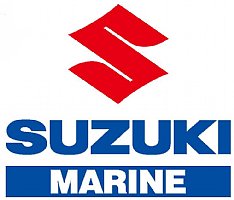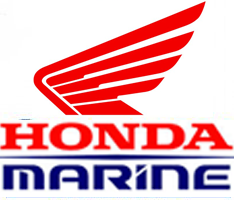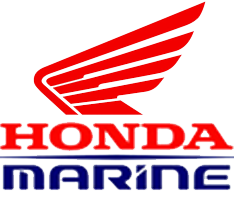FREQUENTLY ASKED QUESTIONS
It’s no secret that technology has greatly transformed the marine industry. Much of what we once knew about 2 and 4 stroke motors has changed in recent years, so it’s important to stay up to date on the latest models and what they have to offer.
In years past, 4 stroke motors were not as sporty and performance-oriented as 2 strokes. In comparison to 4 strokes, 2 stroke motors were lighter, had quicker acceleration and were smaller and more portable. For these reasons, 2 strokes dominated the market for many years.
Despite this, a common concern with 2 stroke motors was the fact that they would use more fuel to operate. Therefore, people would choose 4 strokes because of their fuel efficiency and lower emissions. 4 strokes also tended to run smoother and quieter in comparison to 2 strokes.
In the last 15 to 20 years, however, both 2 and 4 strokes motors have made significant improvements. Each engine has stepped up its game to match the other in quality, emissions and performance. Today, both products are comparable and have gained on the other’s technical strongpoints.
One of the biggest things to look for when choosing an outboard motor is reliability. There’s nothing worse than getting in your boat only to find that it won’t start! It’s important to choose a motor that is dependable, consistent and worry-free.
Fortunately, the 2 and 4 stroke motors in today’s market are very dependable. They’re built to last and power any adventure. When in doubt, do your research online and look at reliability ratings for different motors. It can also help to talk to other people in the boating community who have had personal experience with different types of boat and motor combinations.
In the past, 2 stroke motors burned more fuel than 4 strokes. However, the 2 cycle product is now much more efficient in its injection methods used to bring fuel into the engine.
Some companies claim to be more fuel efficient than others, but in many cases, it’s a matter of splitting hairs. As long as it is a modern-day 2 stroke, it is most likely comparable to 4 strokes when it comes to fuel efficiency.
Depending on the size of your boat, weight may be a concern when choosing an outboard motor. Oftentimes, smaller boats are more weight sensitive, so it’s important to choose a motor accordingly.
2 strokes have typically been preferred by those worried about the weight of their motor as they are lighter. However, this has become less of a concern with 4 strokes, as they are now much lighter than they were in years past.
When deciding between a 2 and 4 stroke outboard motor, it all comes down to your preferences and the type of boat you have. As with any purchase, always do your research online and determine which features are most important to you, whether it’s motor features, weight, fuel efficiency or all of the above. Looking at manufacturer statements and boat tests online can also help guide you in your search.
The environment in which you use your boat is another important factor to consider. For example, when buying car tires, you wouldn’t buy snow tires for driving in Phoenix, where it doesn’t snow. This same concept applies to your boat’s motor, so always make your decision based on how you use it—whether it’s for fishing, performance application or carrying heavy loads.
Finally, selecting a product largely depends on who your local dealer is. Sometimes, this decision is not just about the engine itself, but rather, your ability to get support for the product when it breaks down or needs annual service. For example, you wouldn’t want to buy a Subaru if there wasn’t a Subaru dealer for 100 miles.
Consumers shouldn’t be afraid of any modern-day product—they are all built very well. If you are more comfortable with a particular dealer when it comes to getting service or picking up parts, chances are, you will be able to find a motor from them that works for your boat.



















